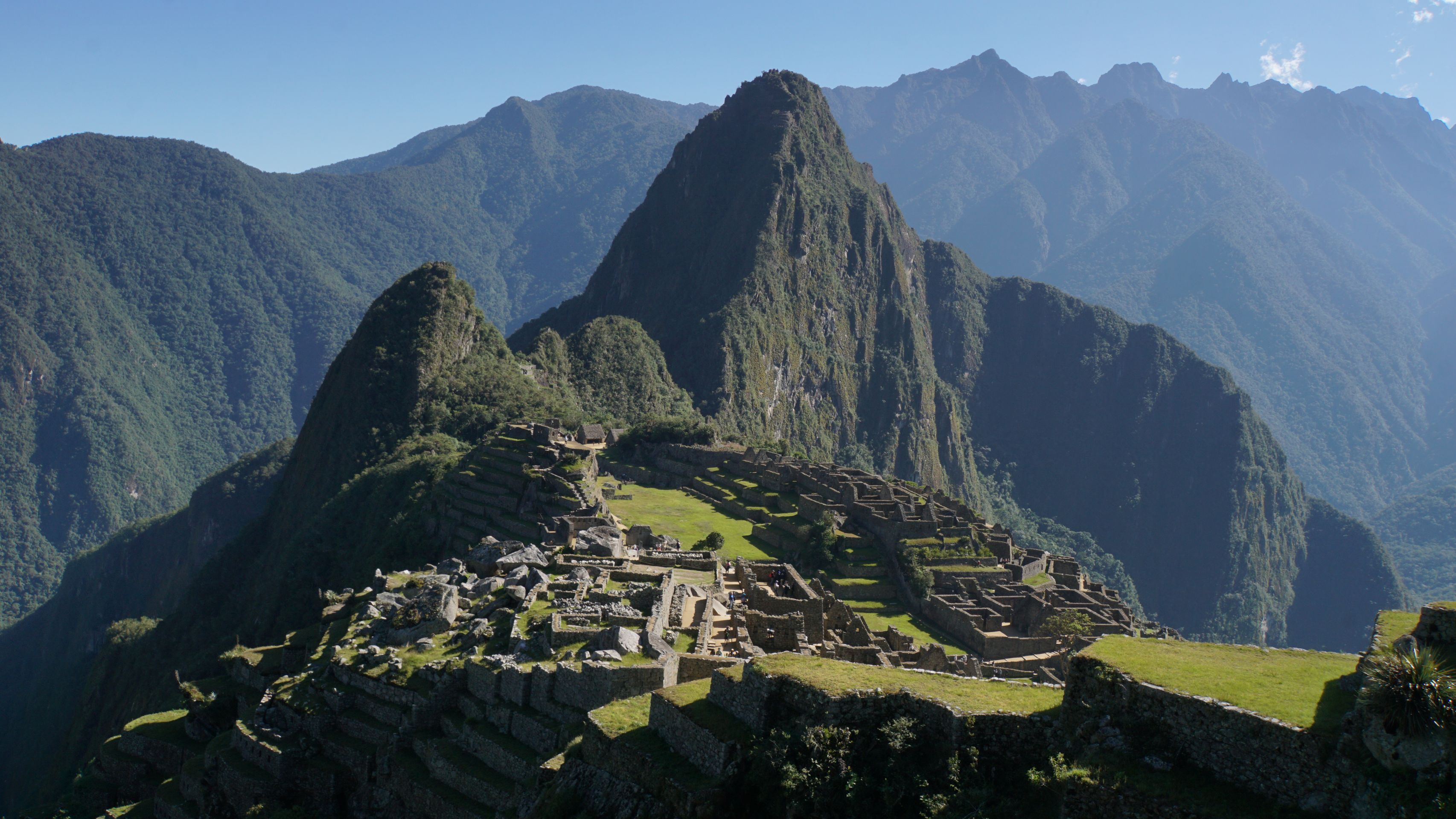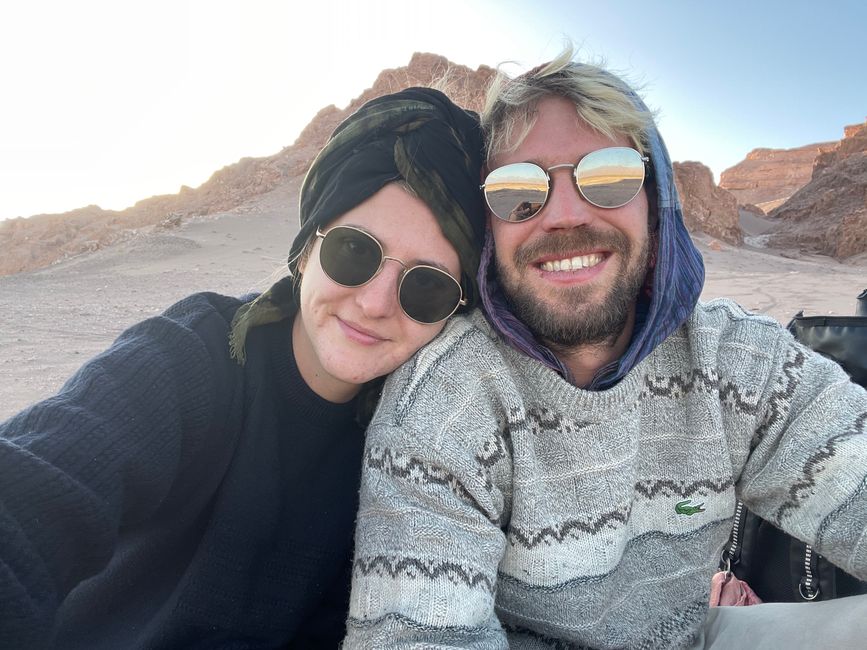
Maria-und-Geralds-Reiseblog
vakantio.de/maria-und-geralds-reiseblog
Visit from home (Oaxaca - Mexico)
Lofalitsidwa: 01.03.2024
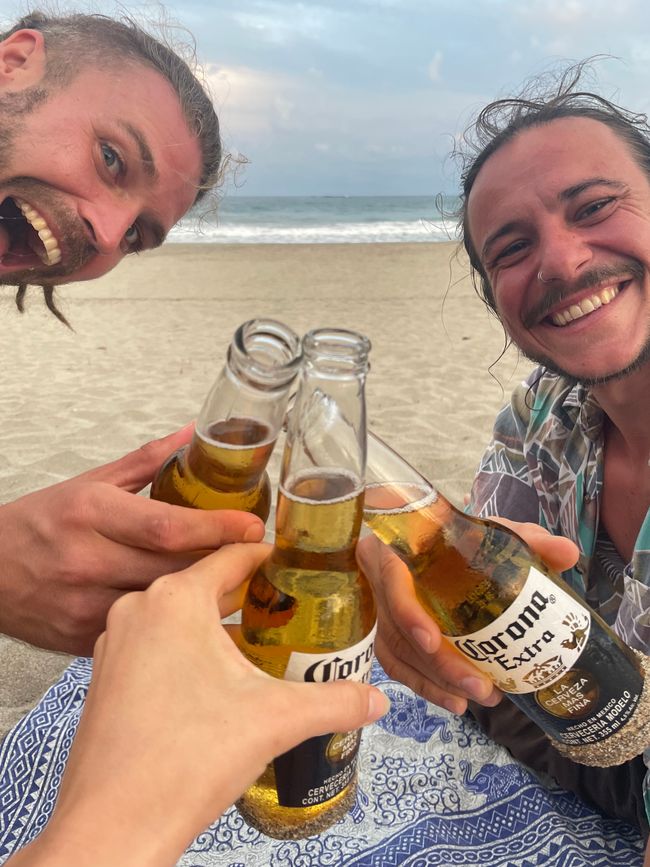
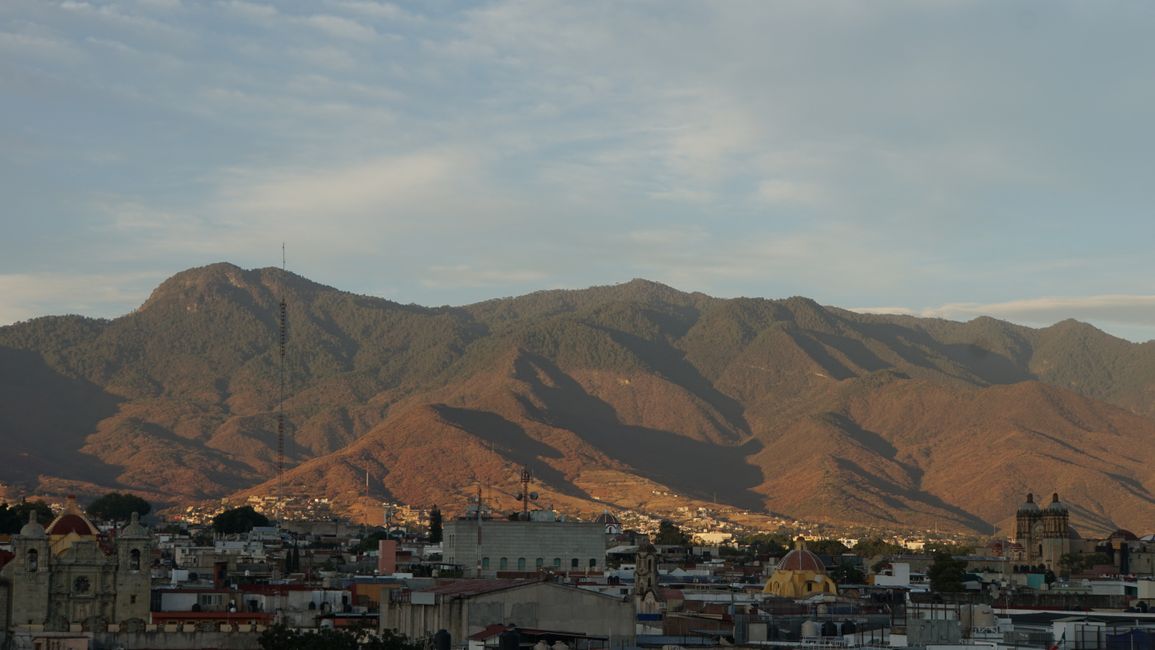
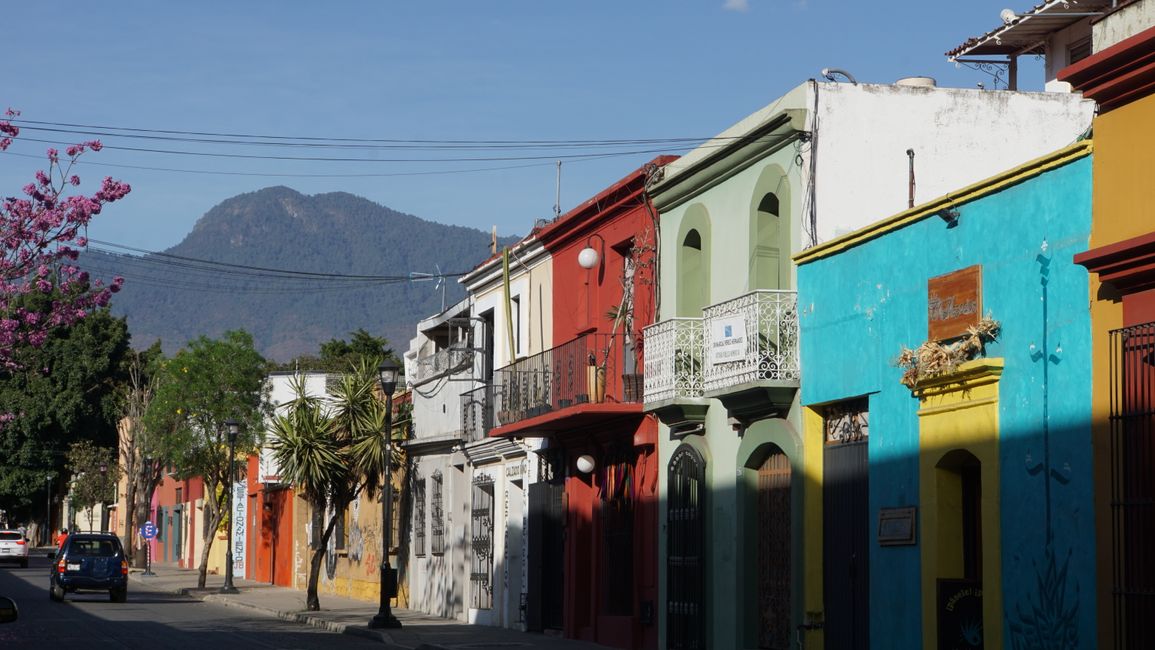
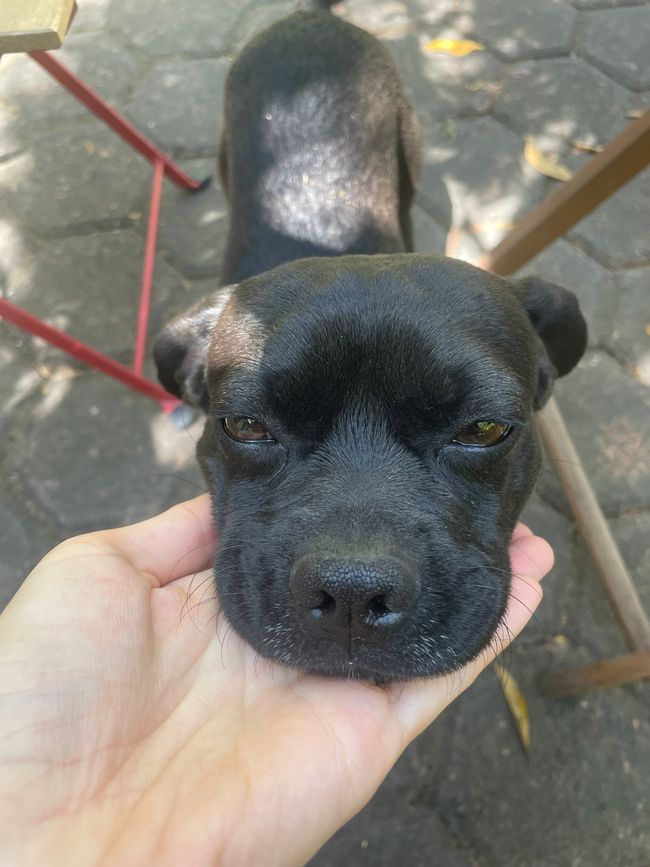
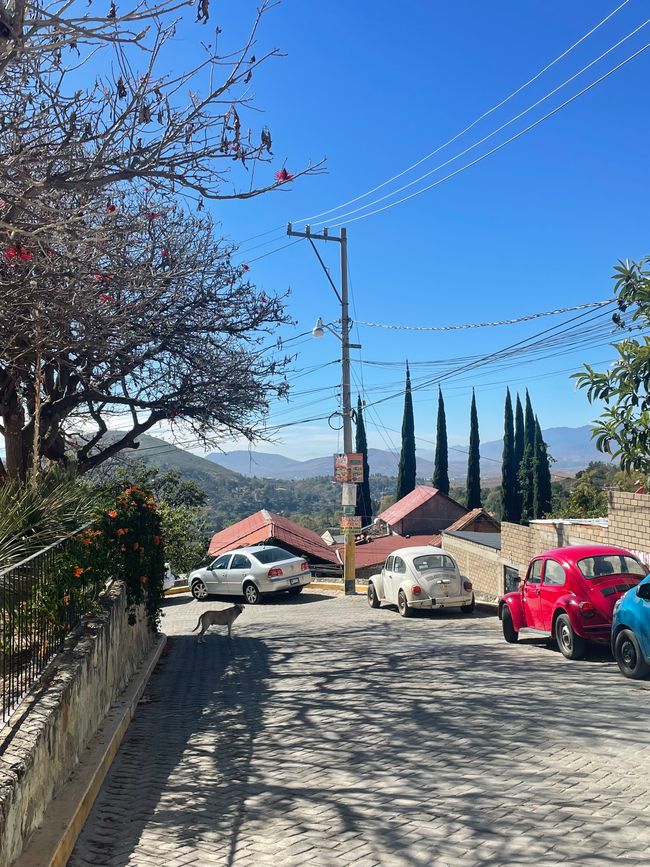
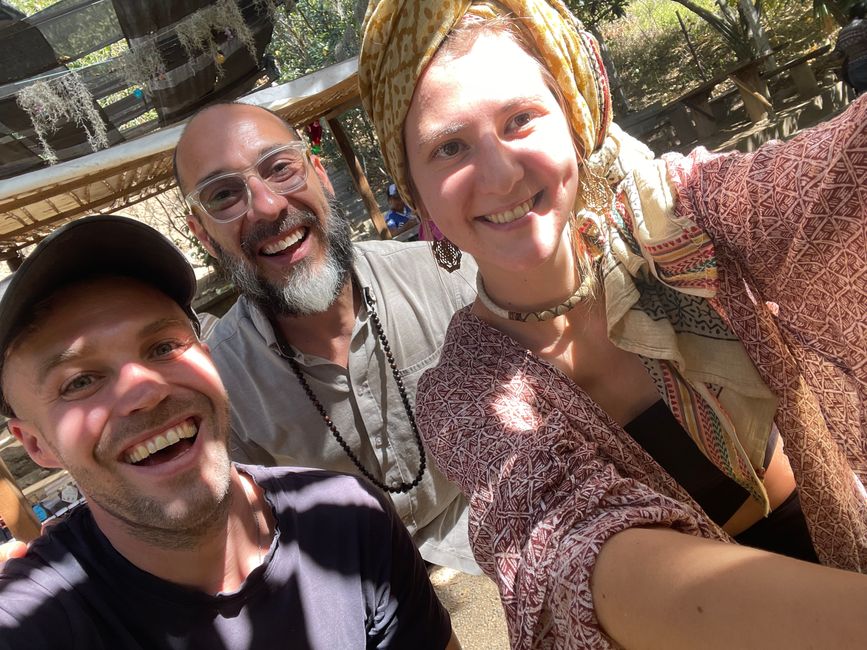
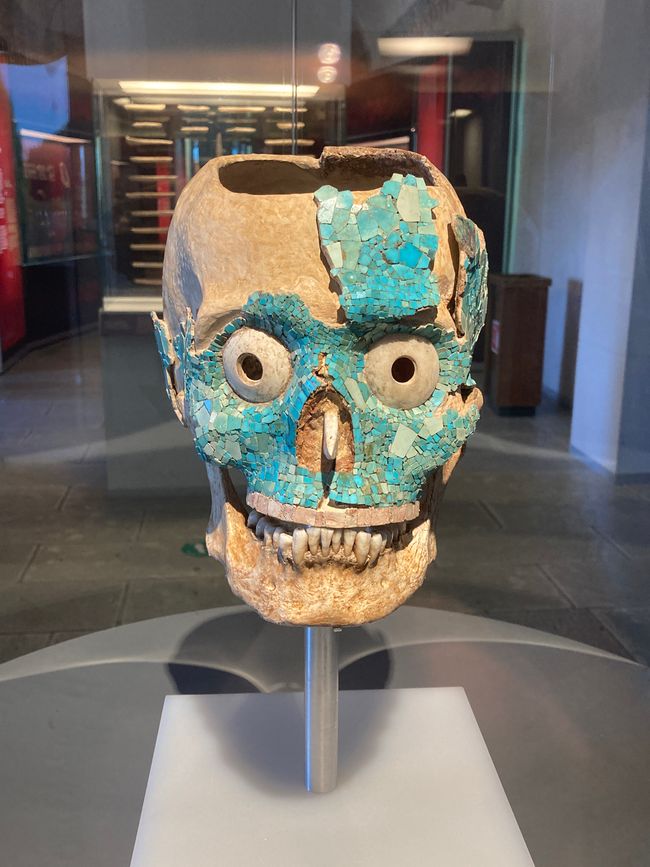
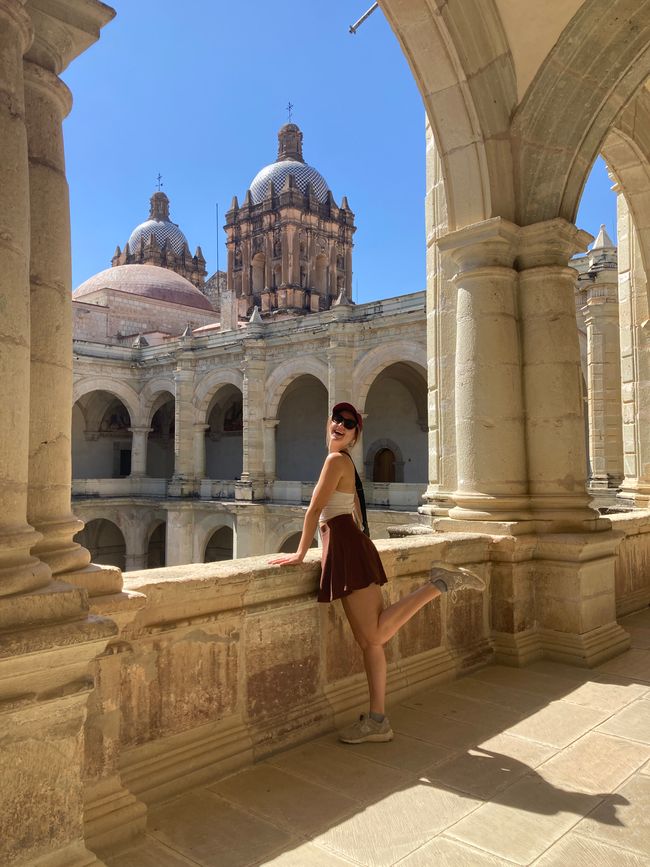
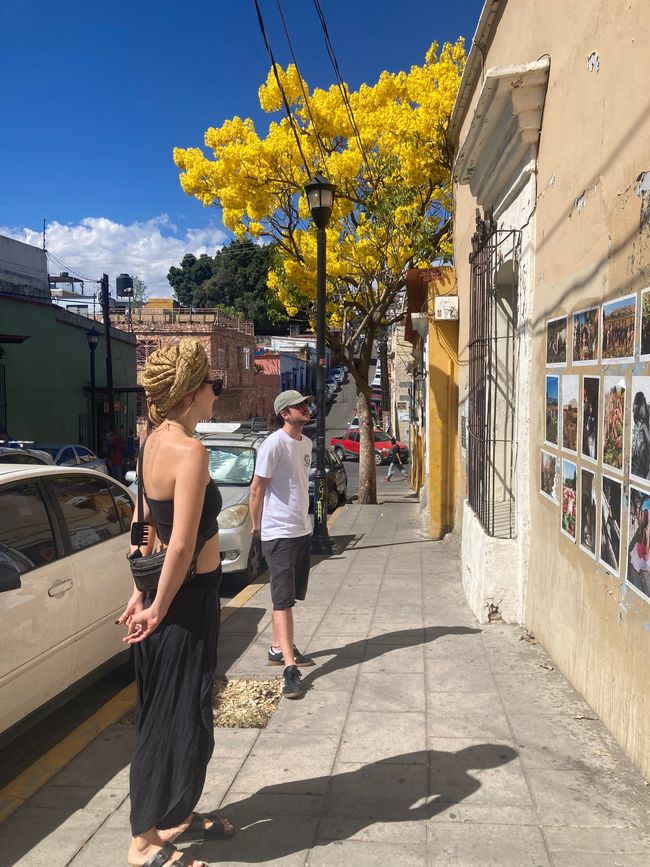
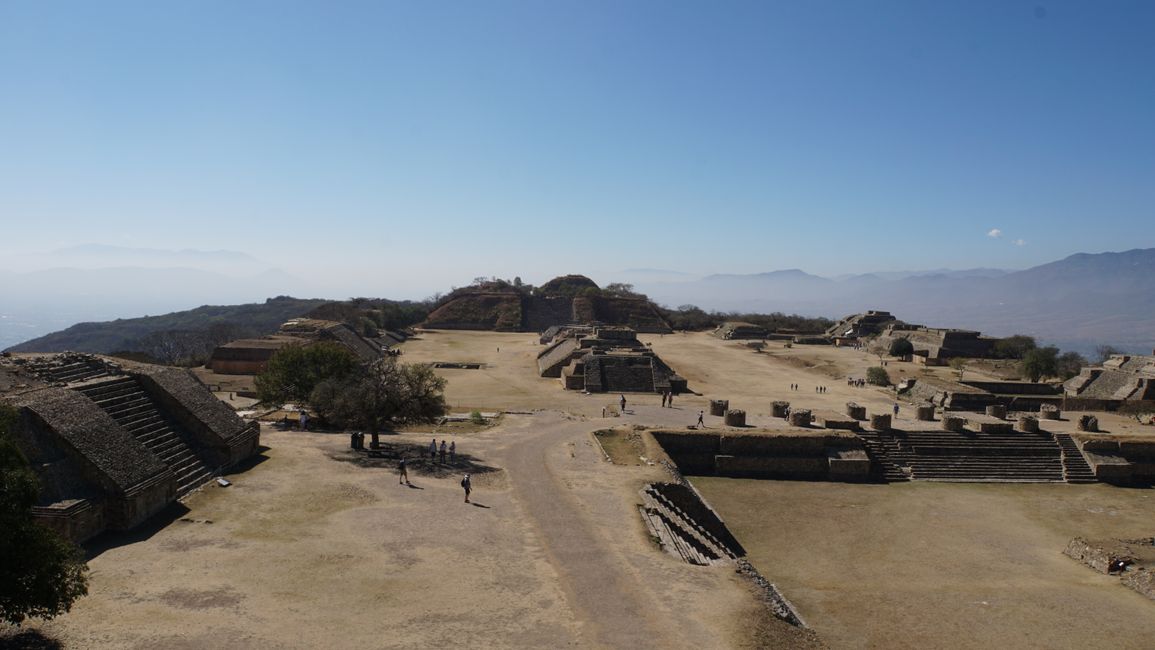
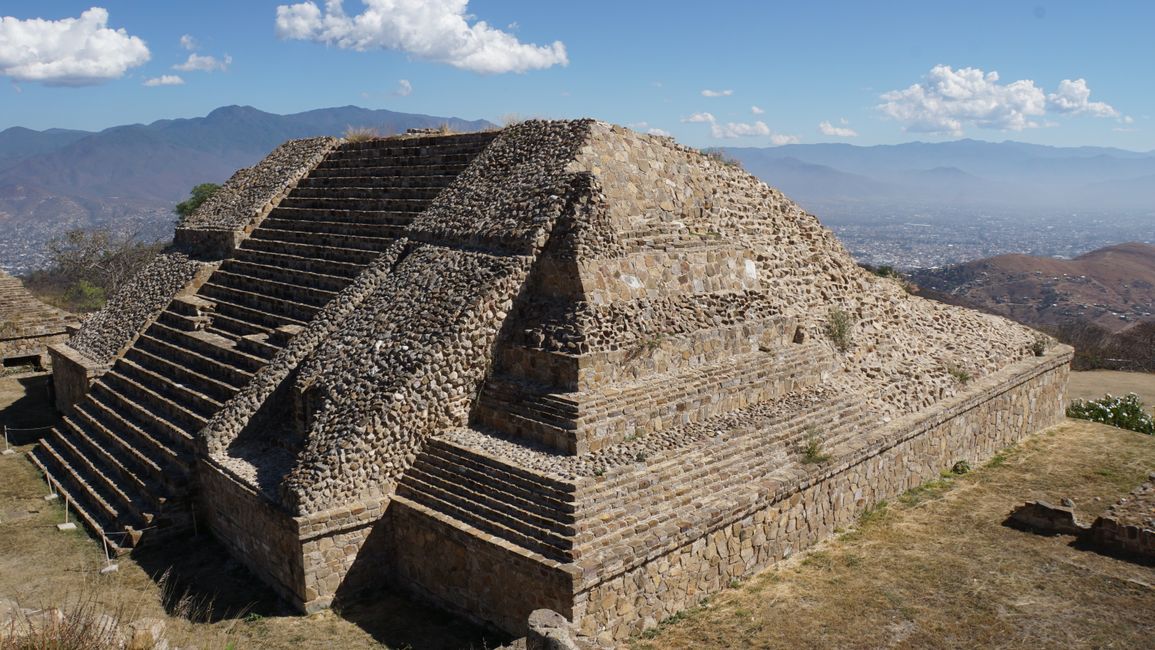
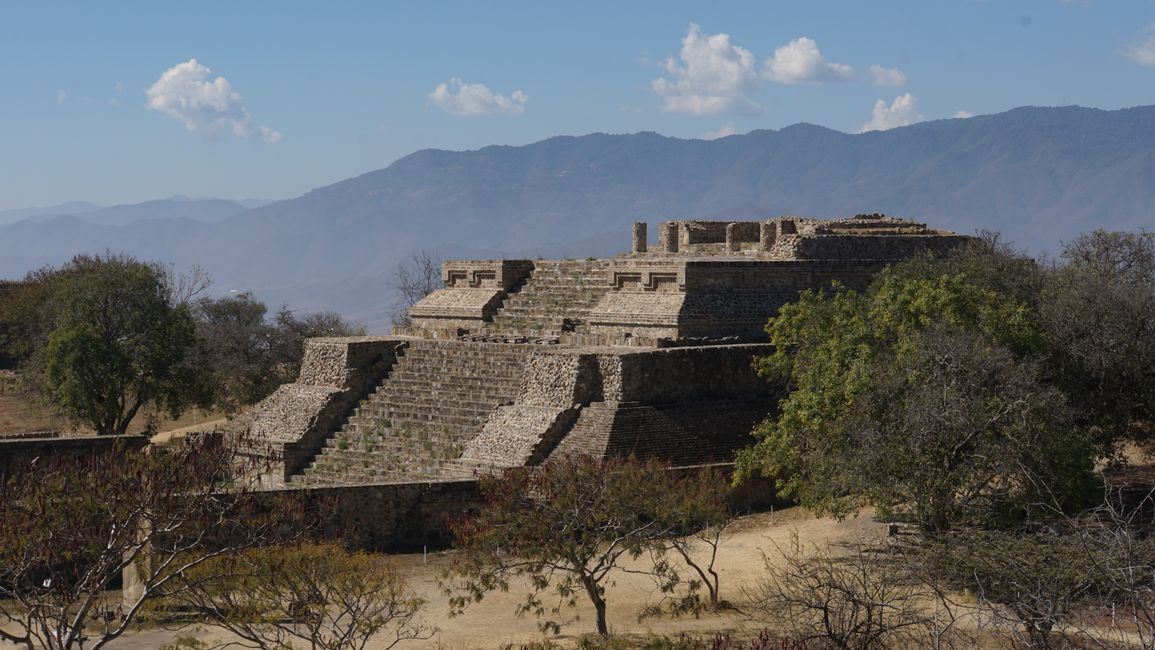
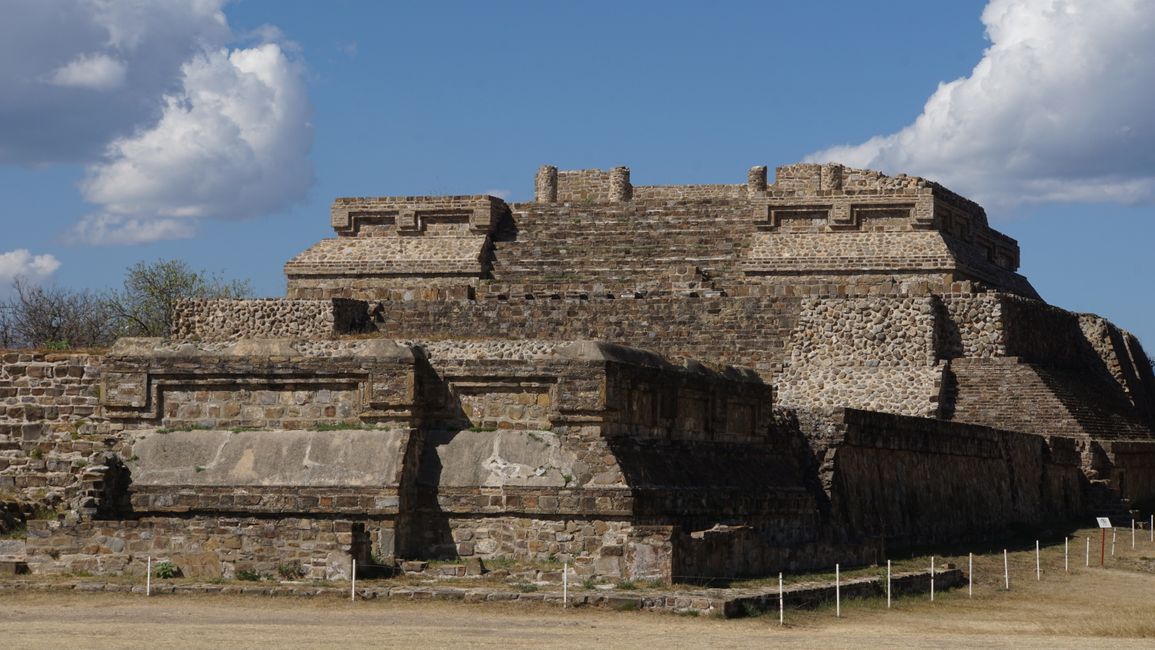
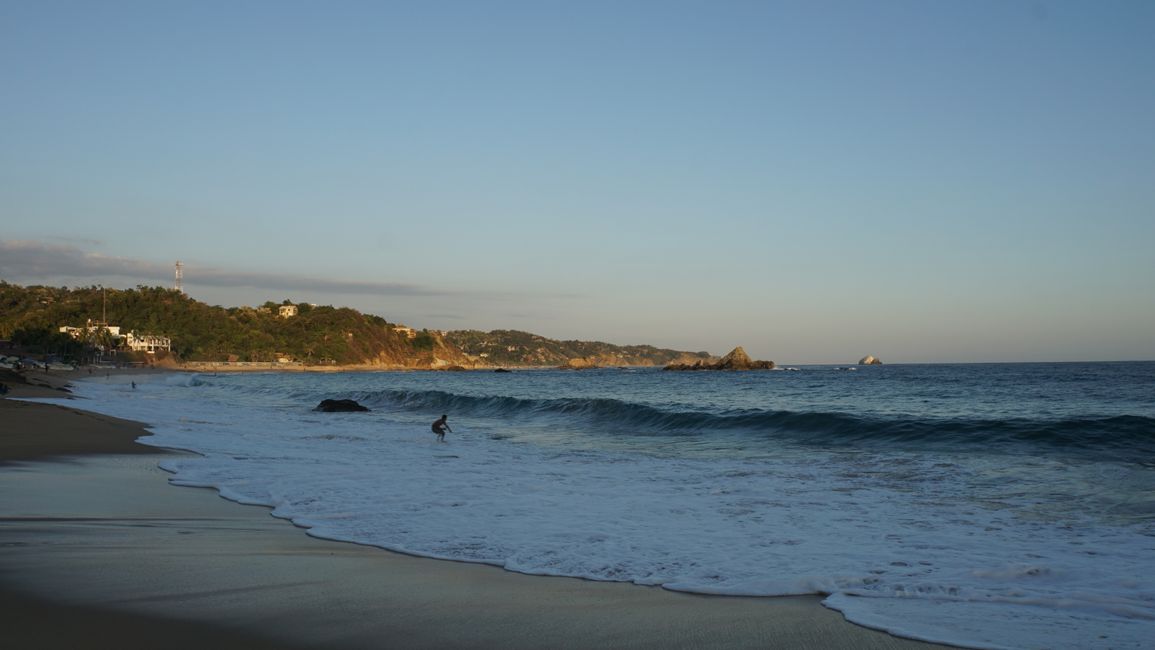
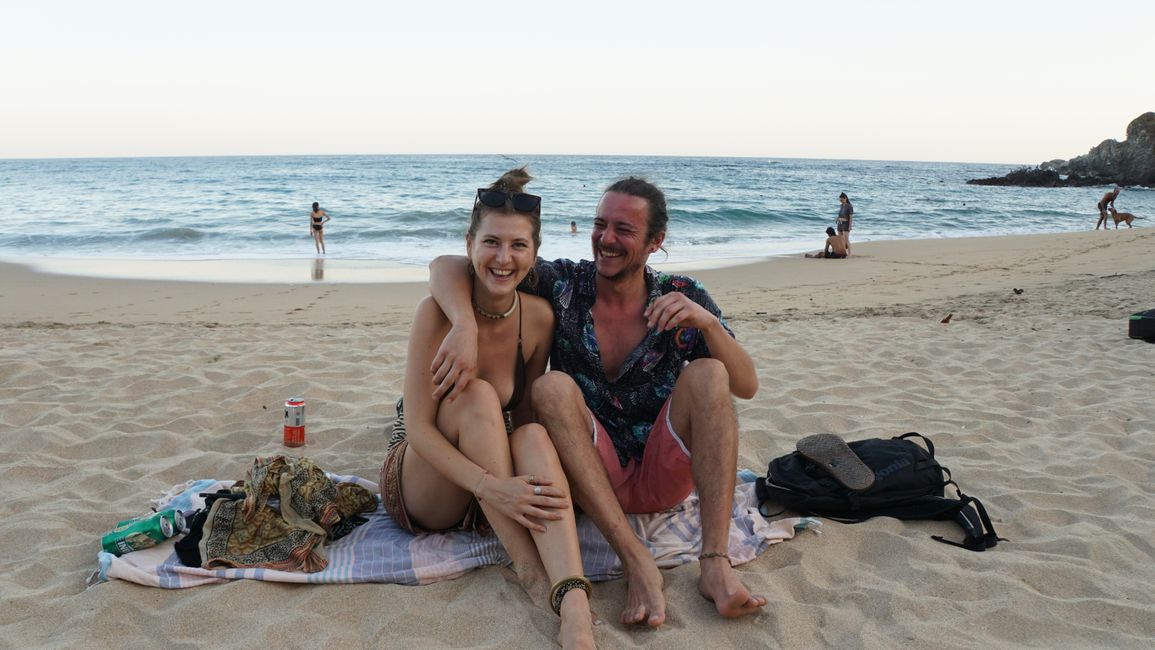
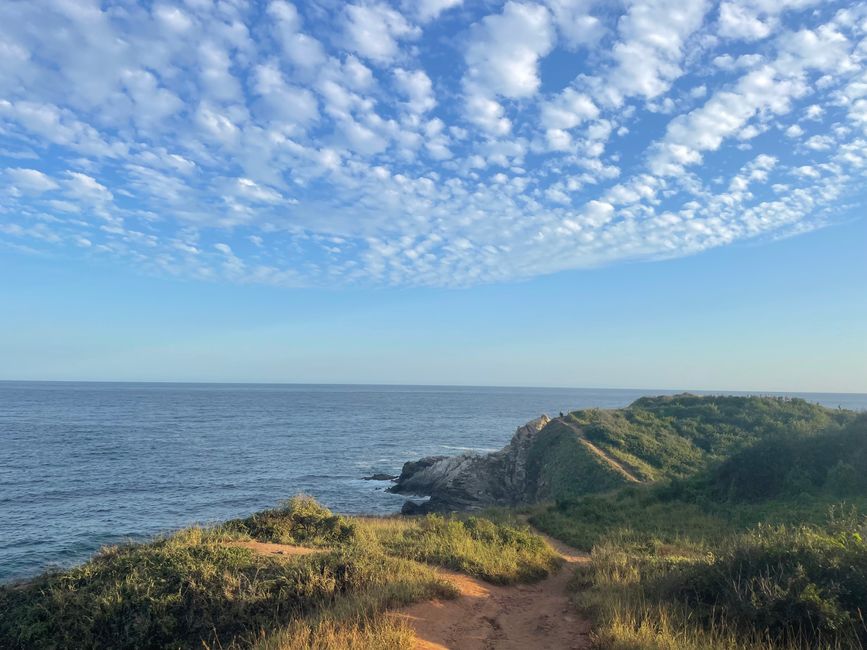
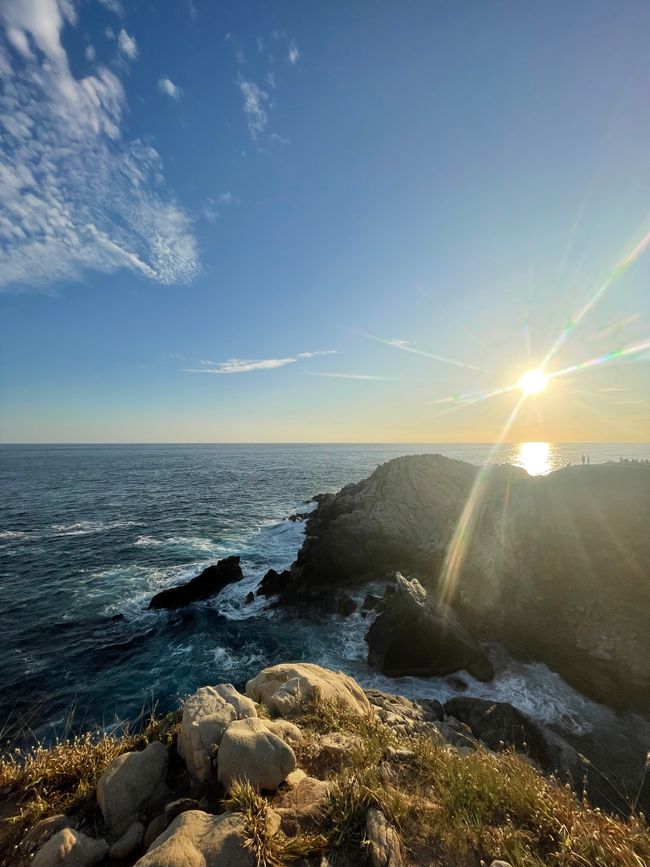
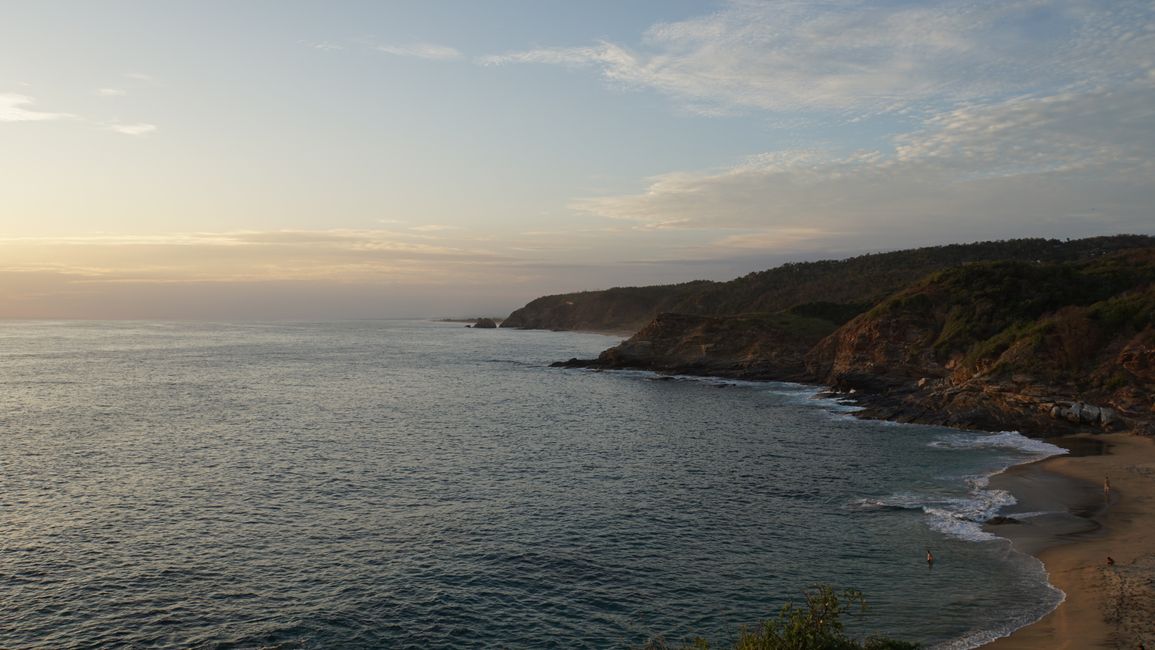
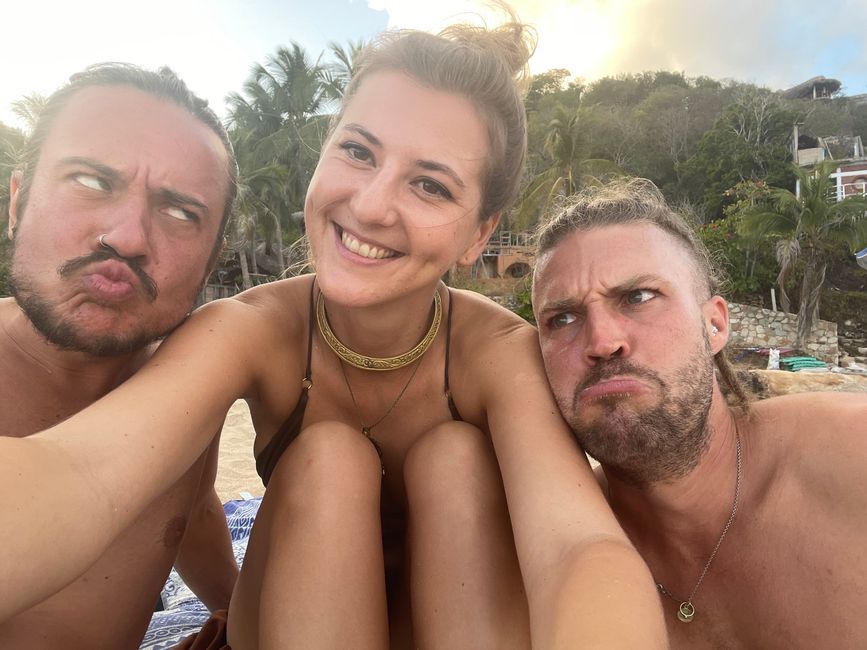
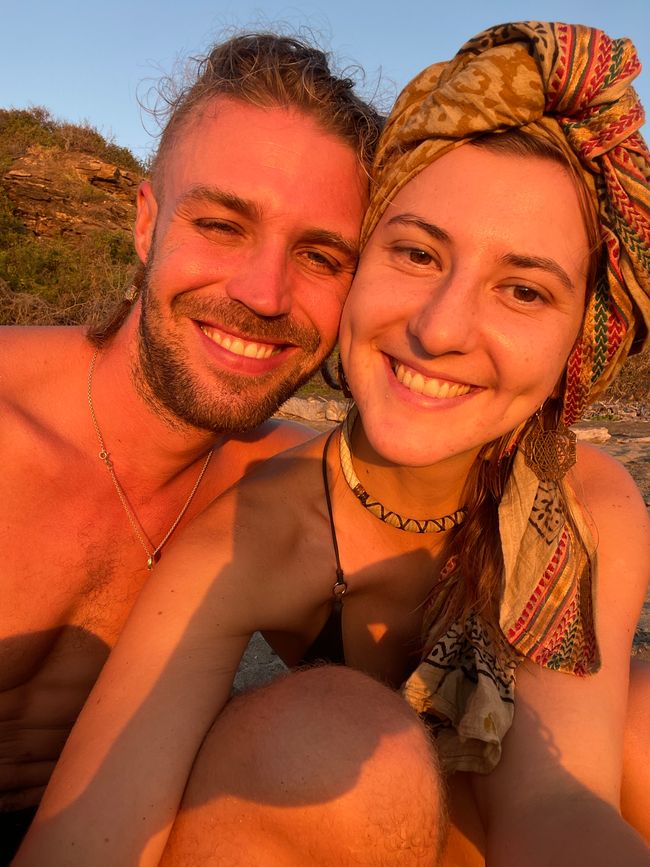
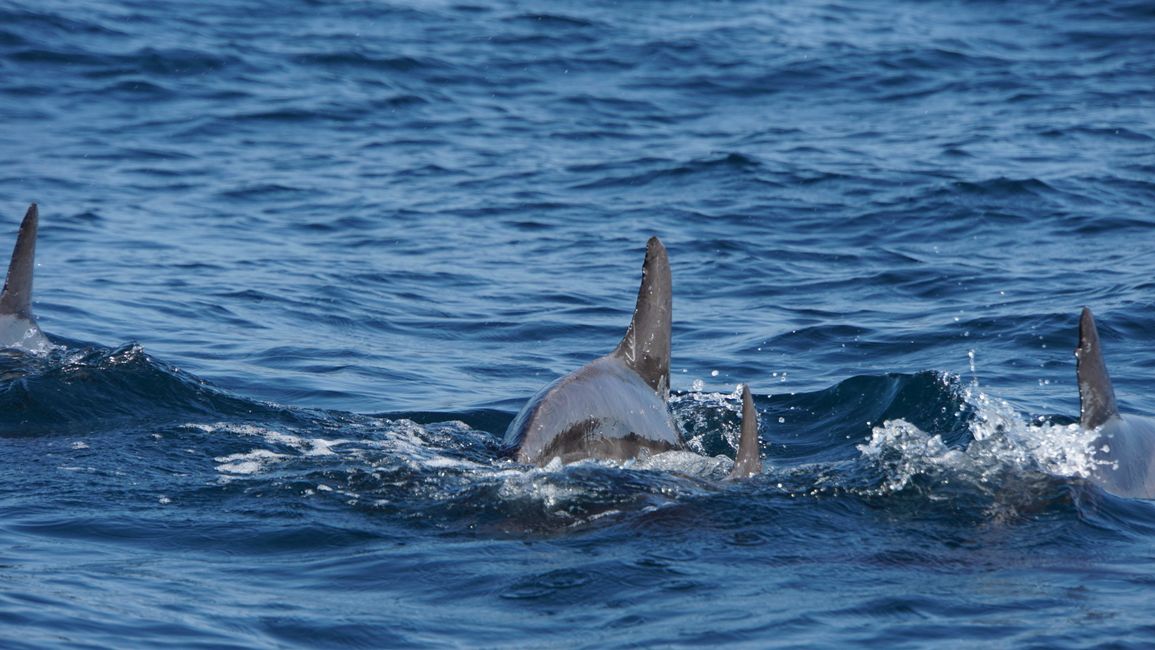
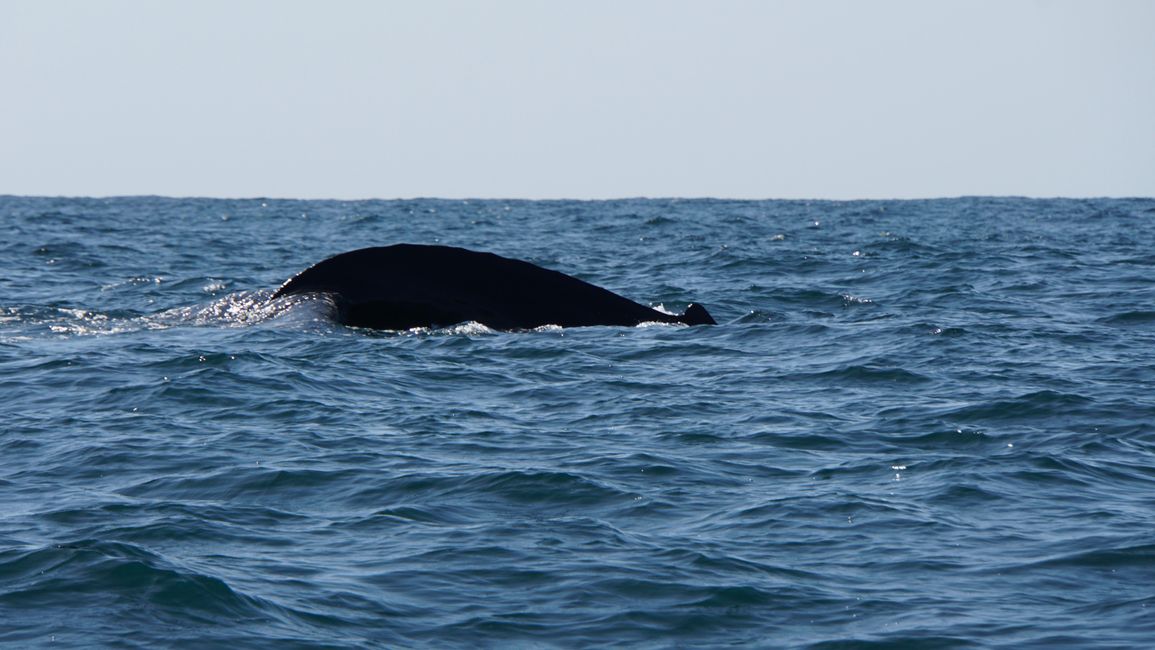
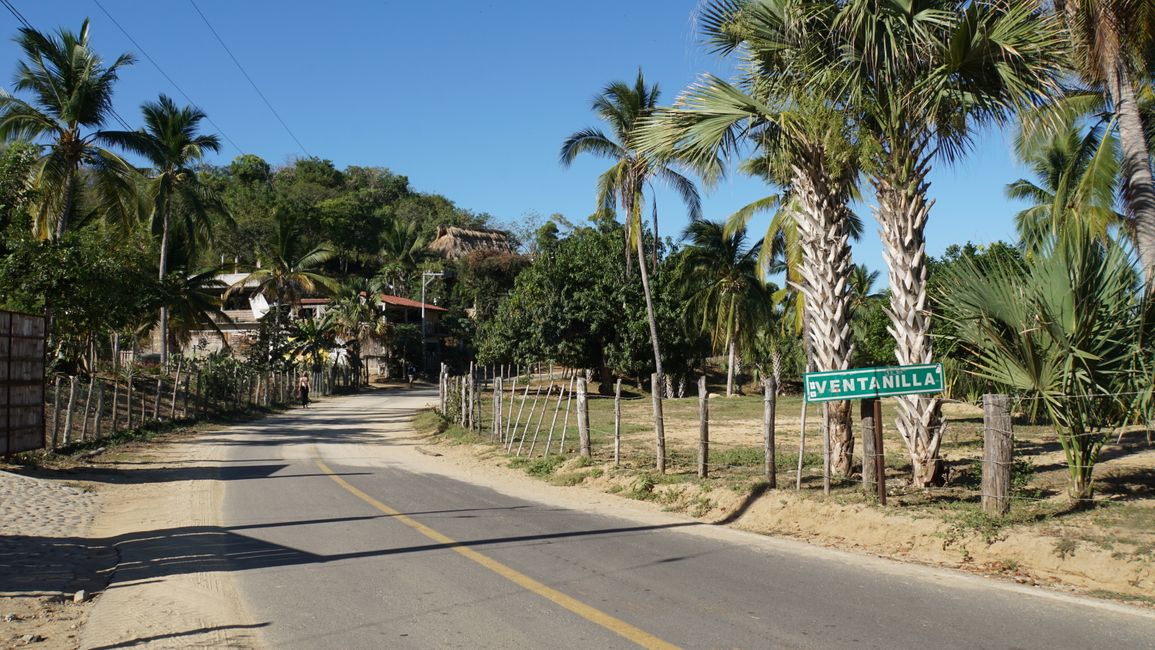
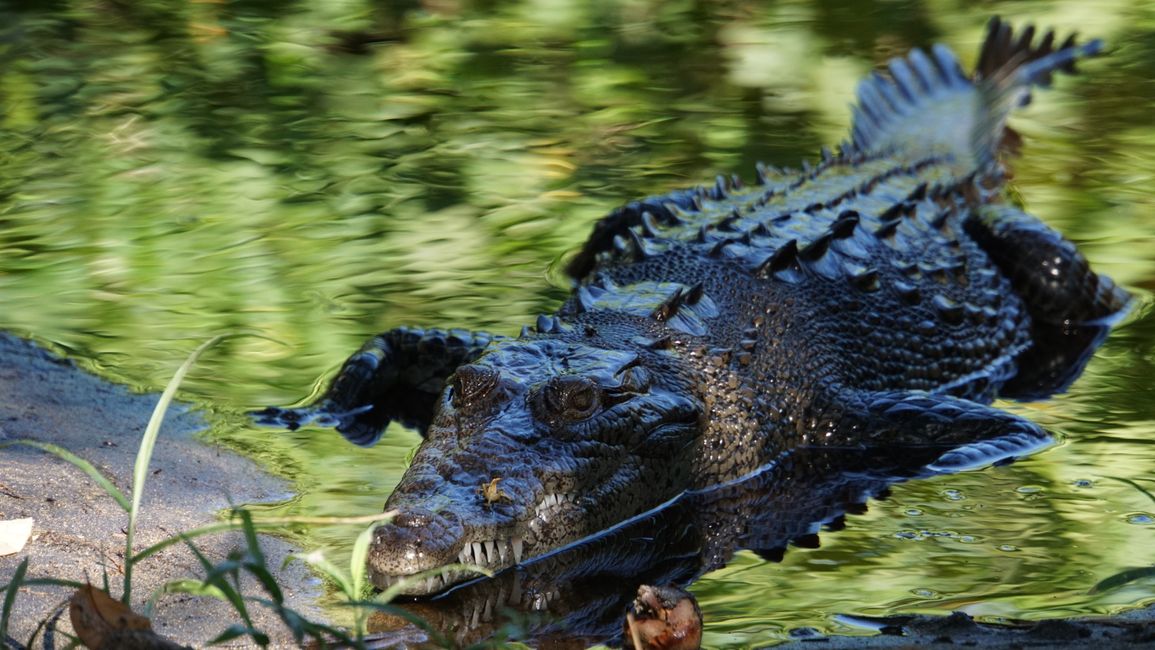
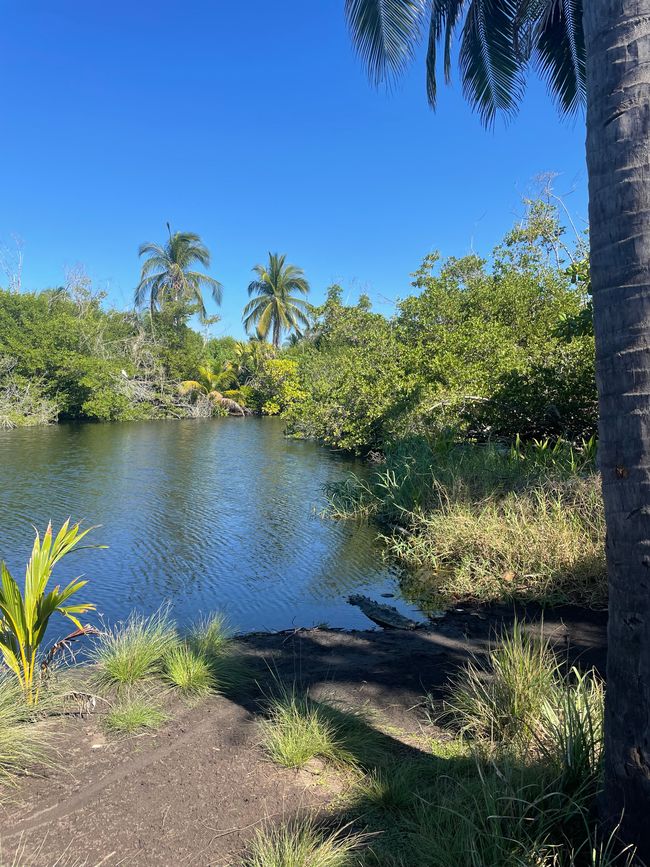
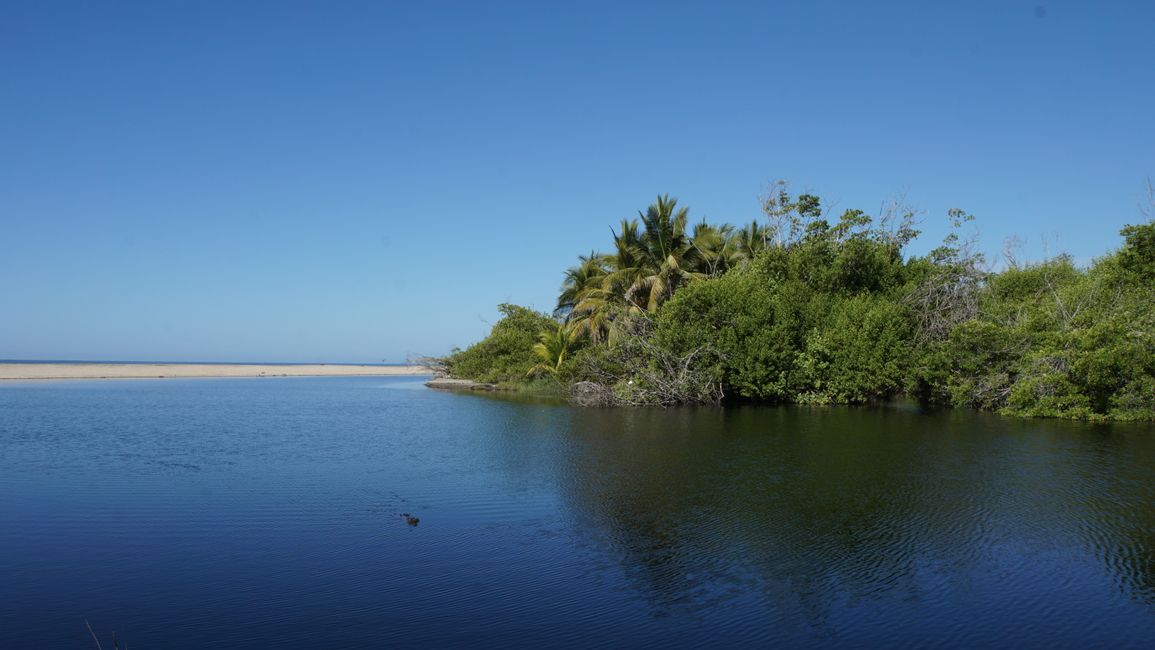
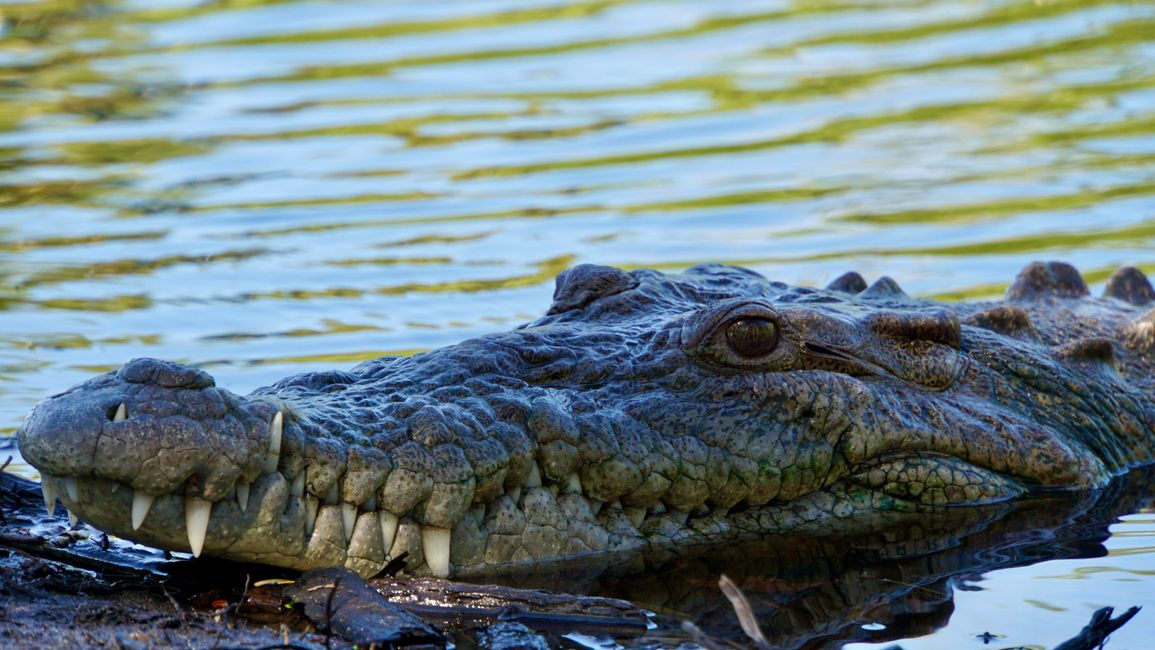
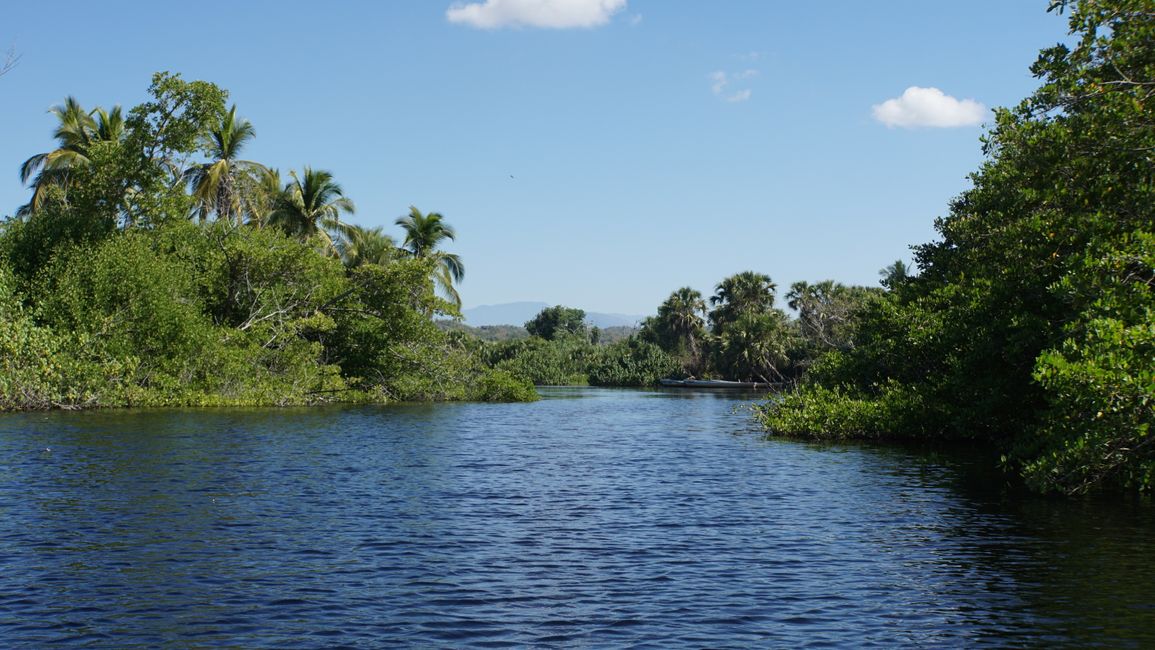
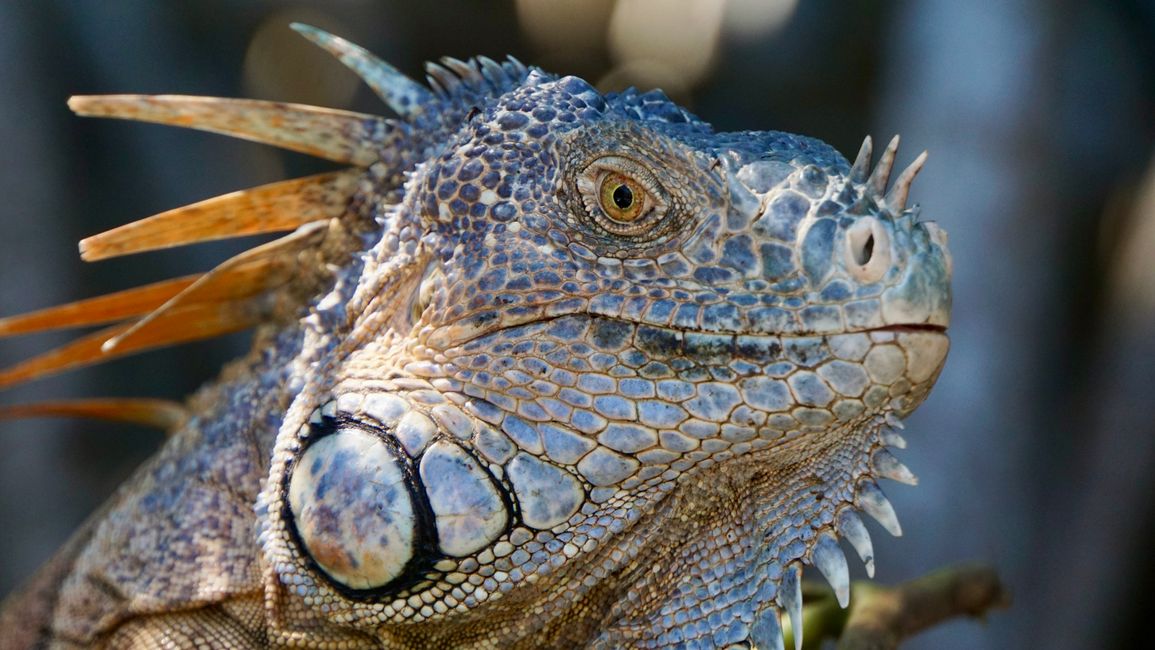
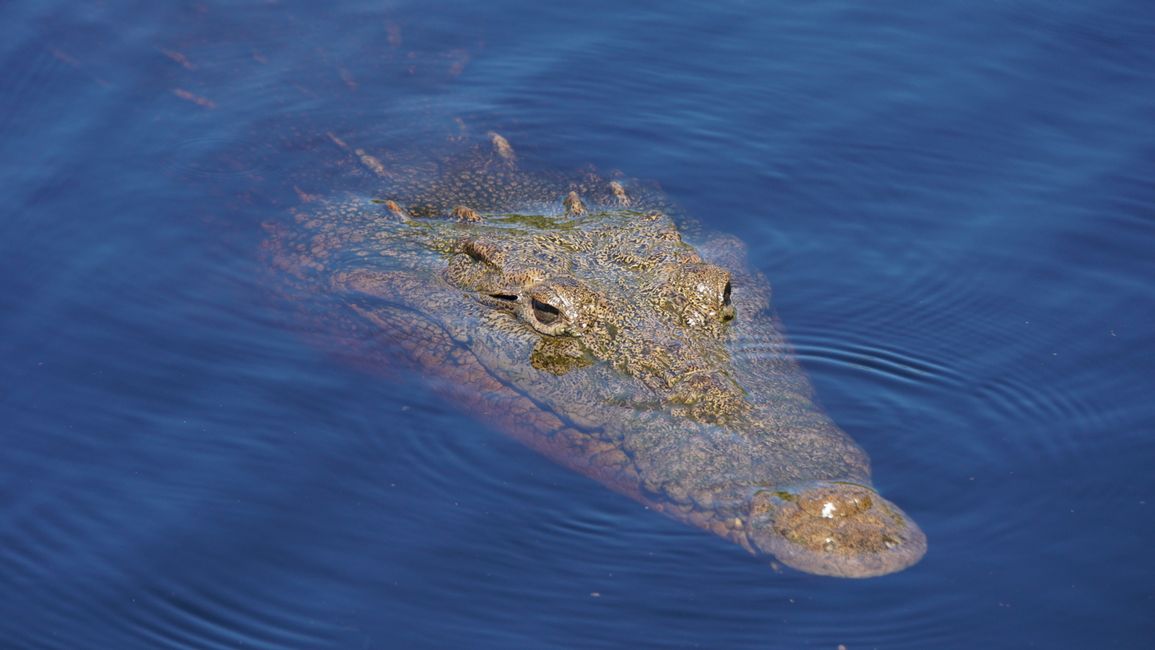
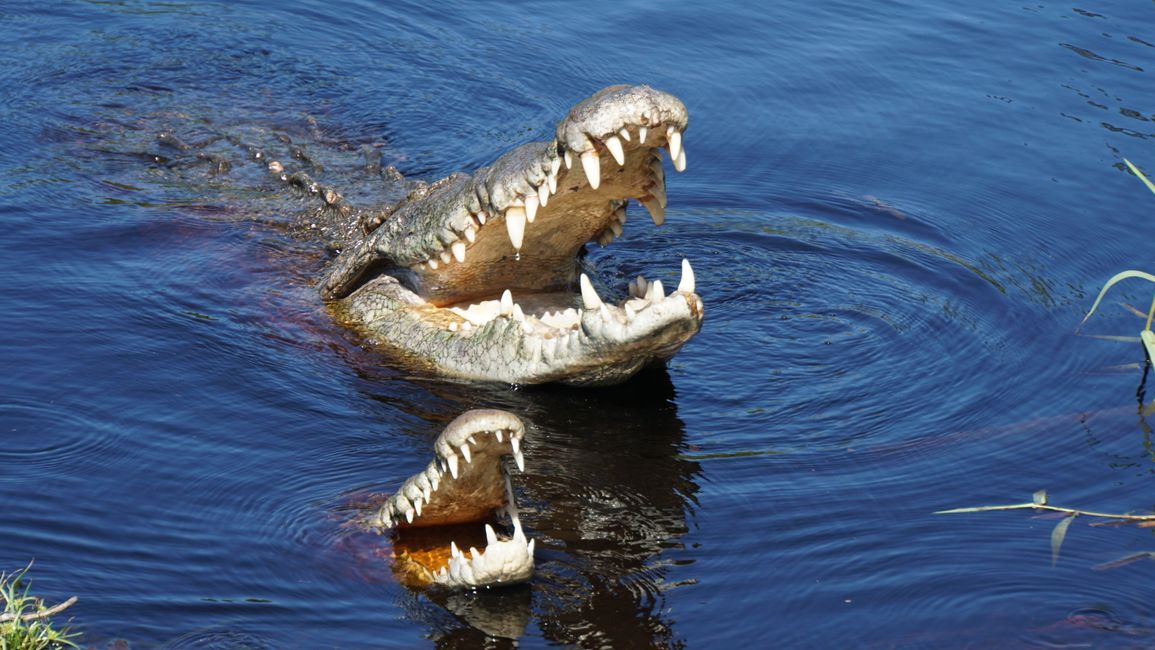
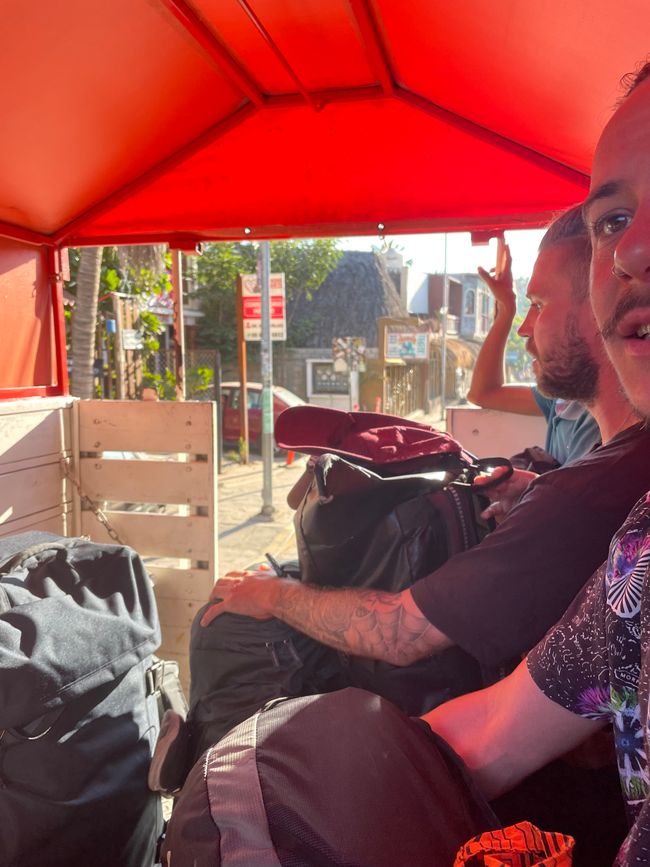
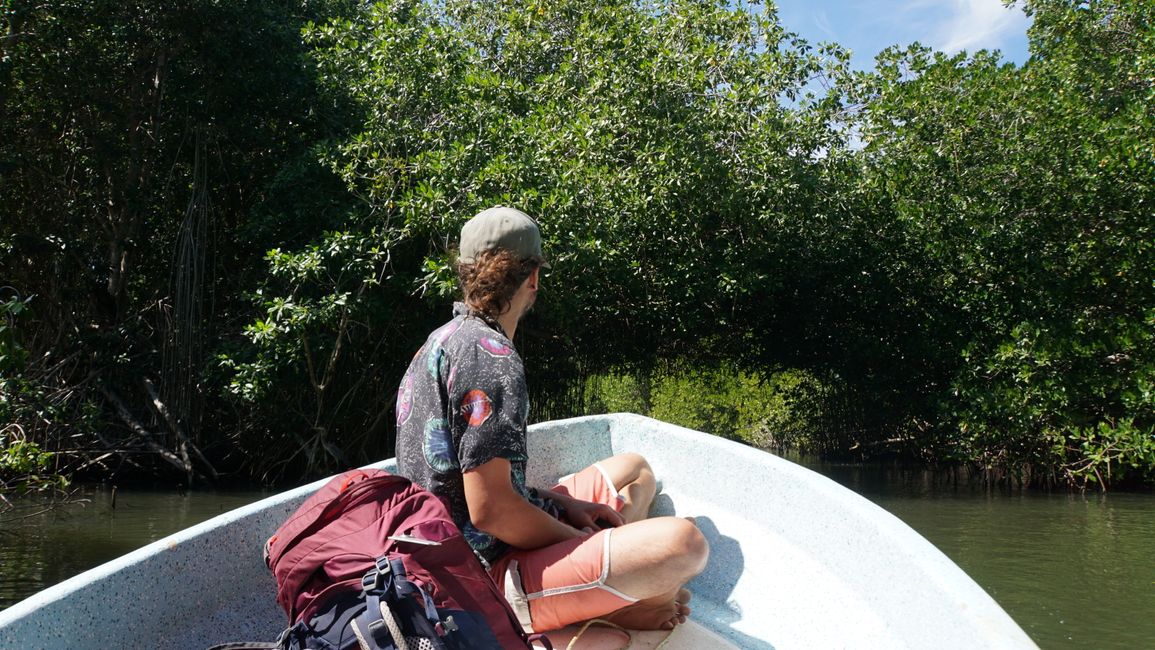
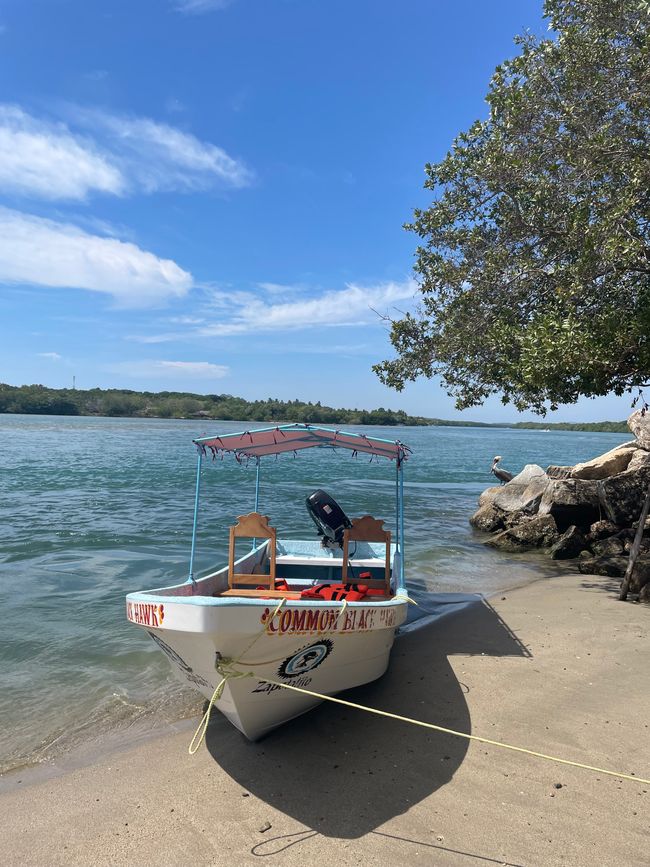
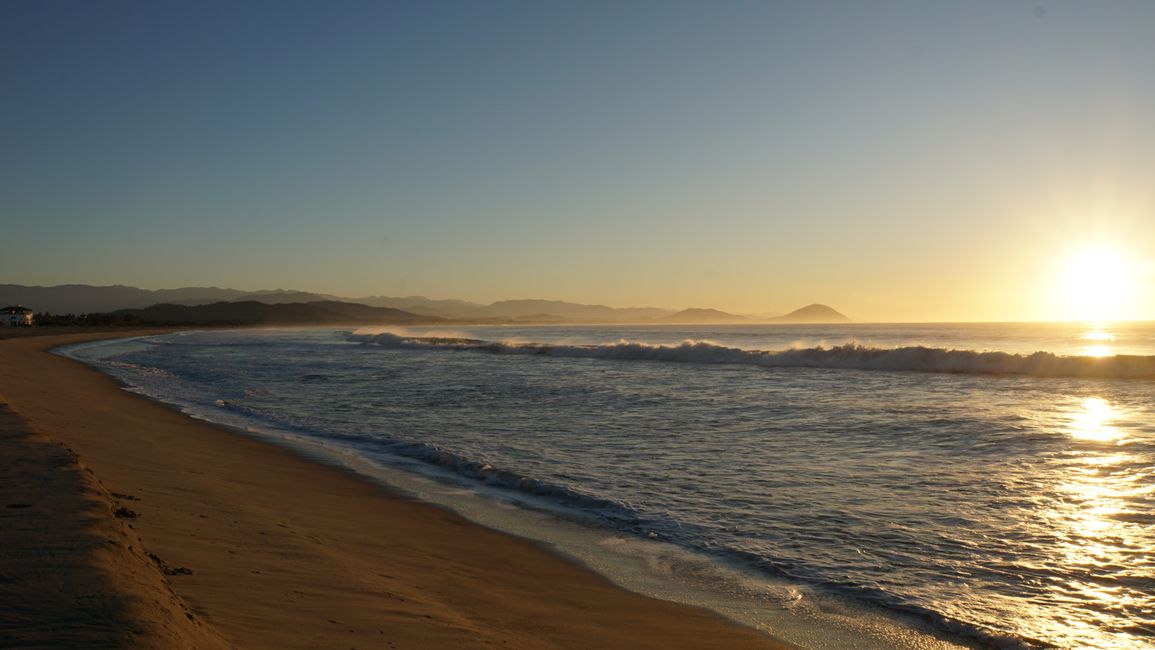
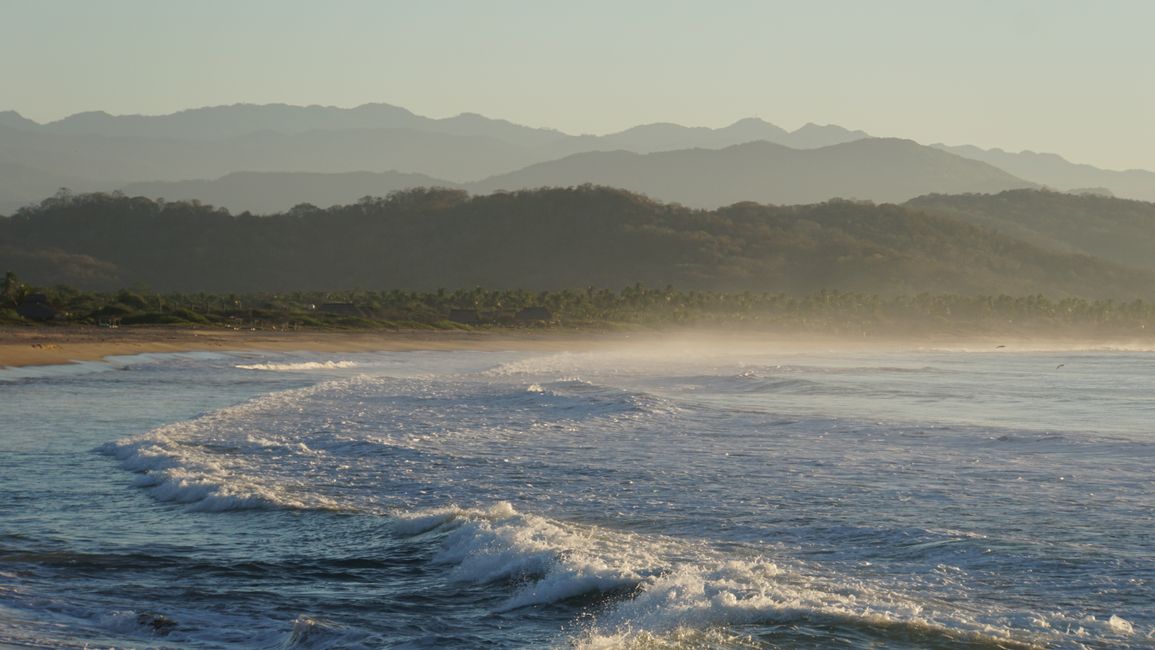
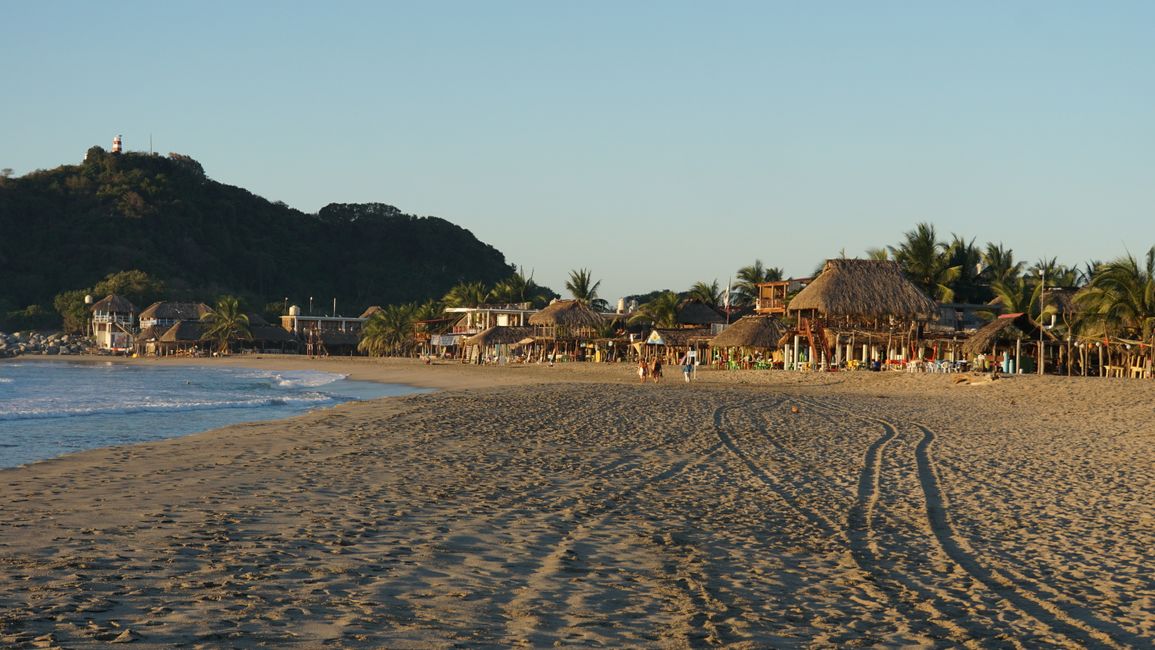
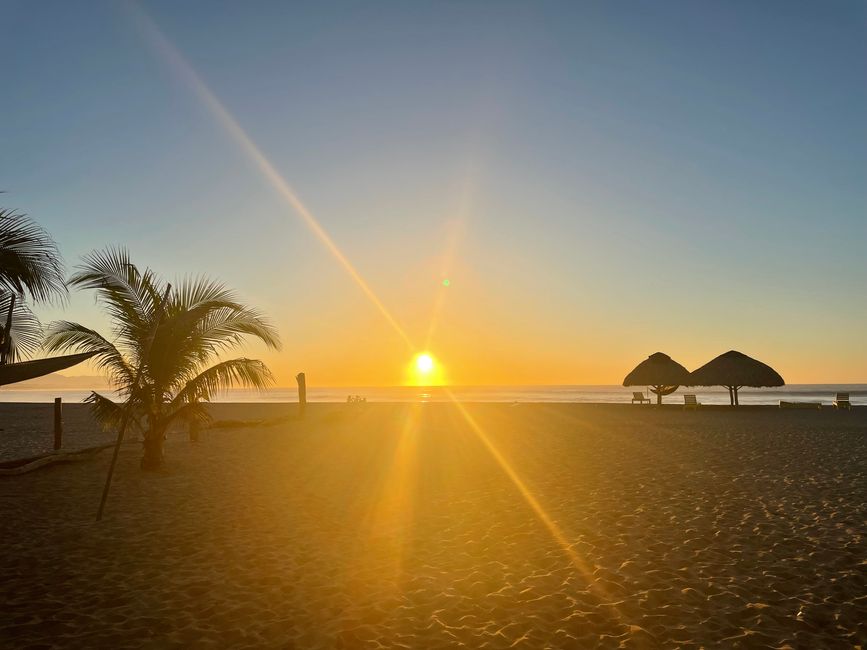
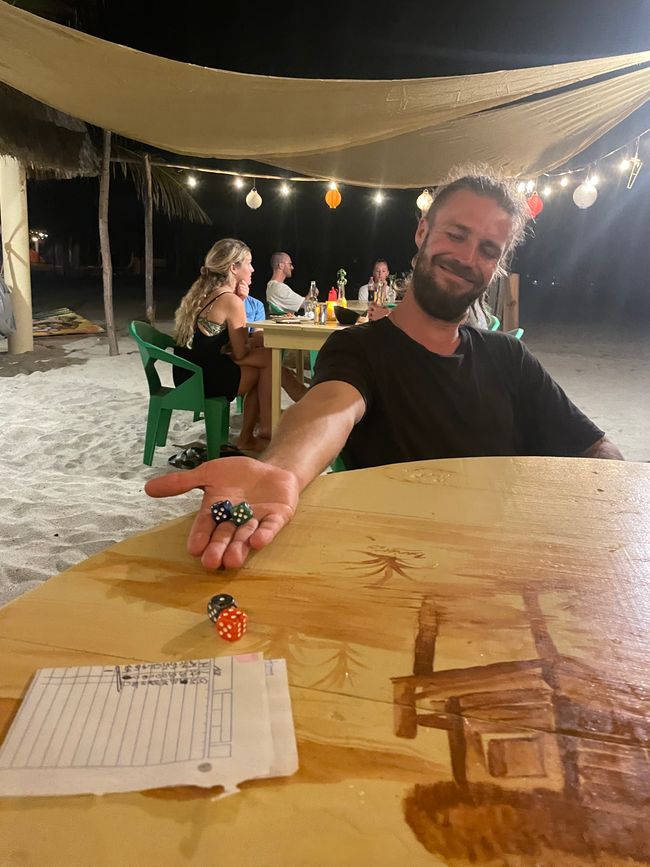
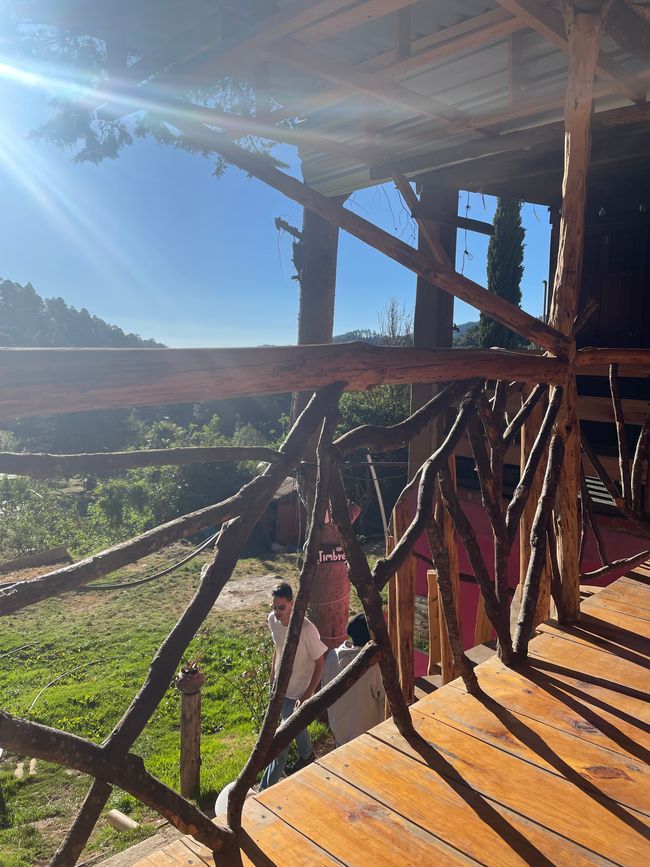
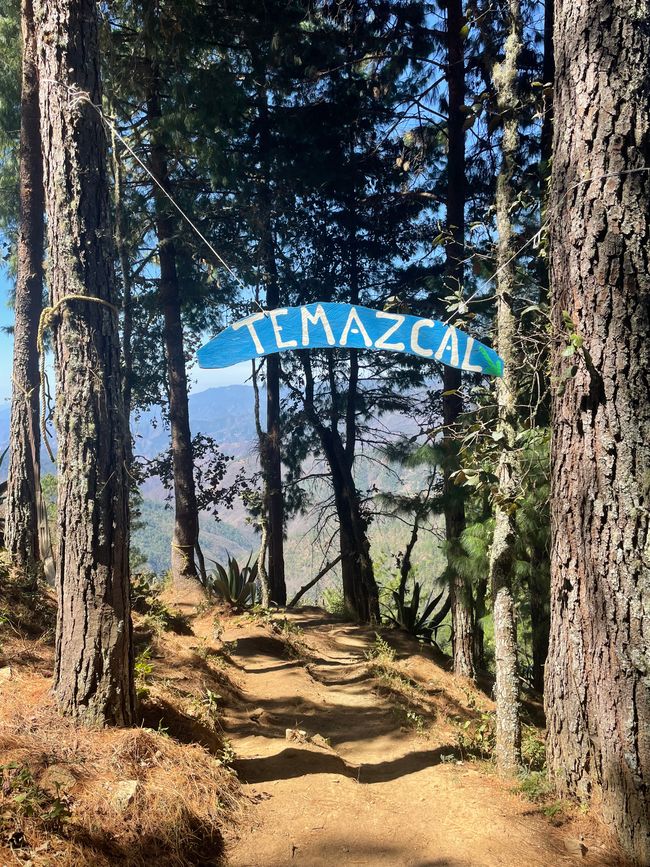
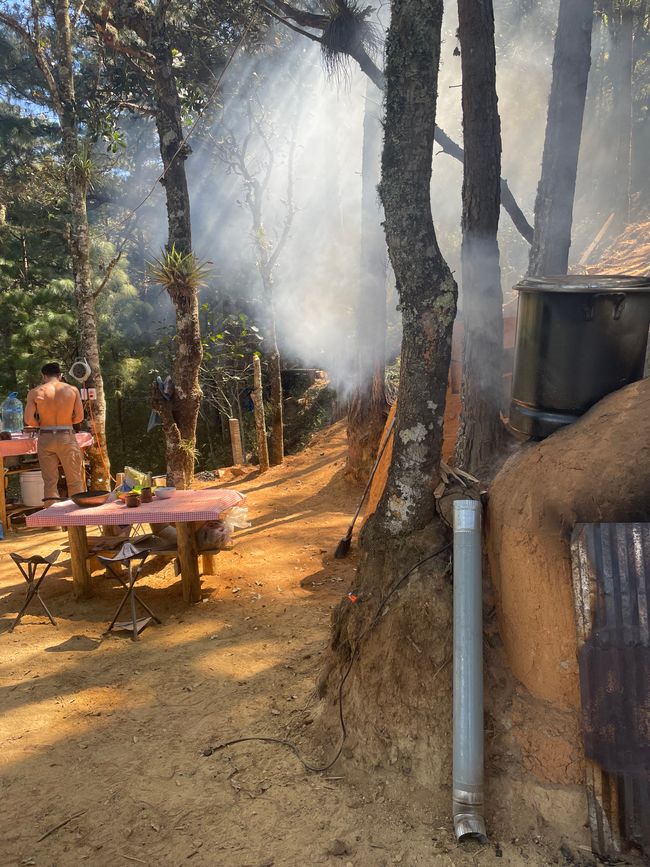
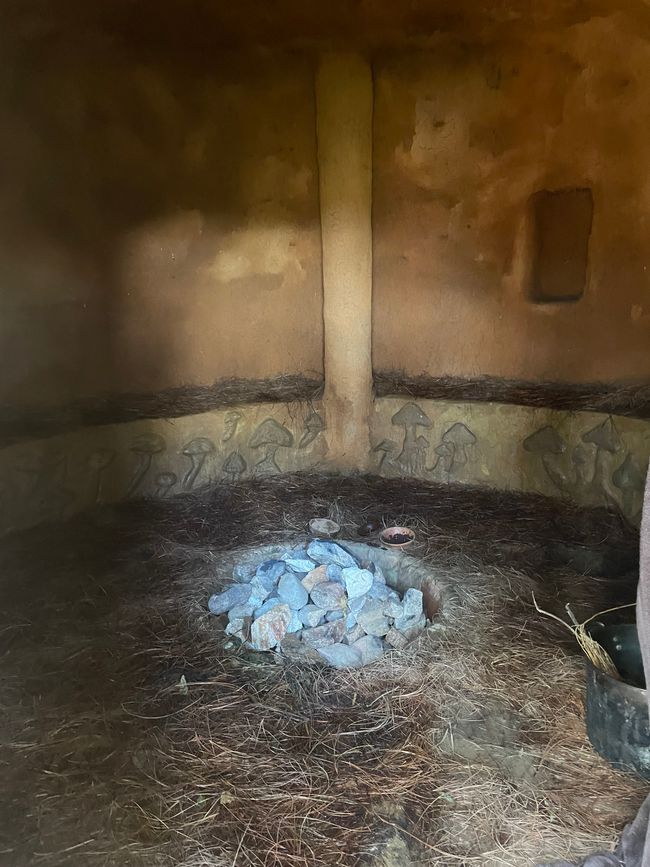
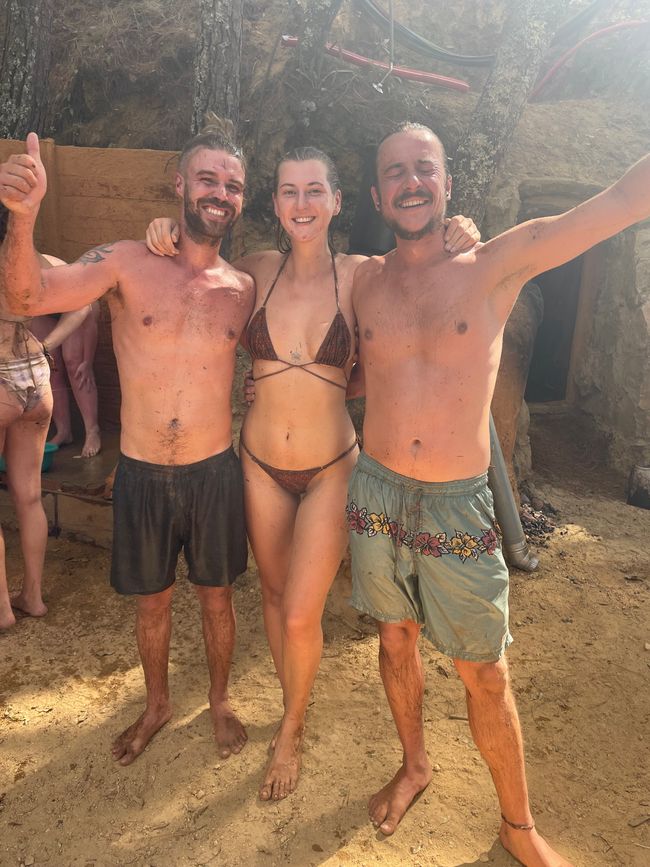
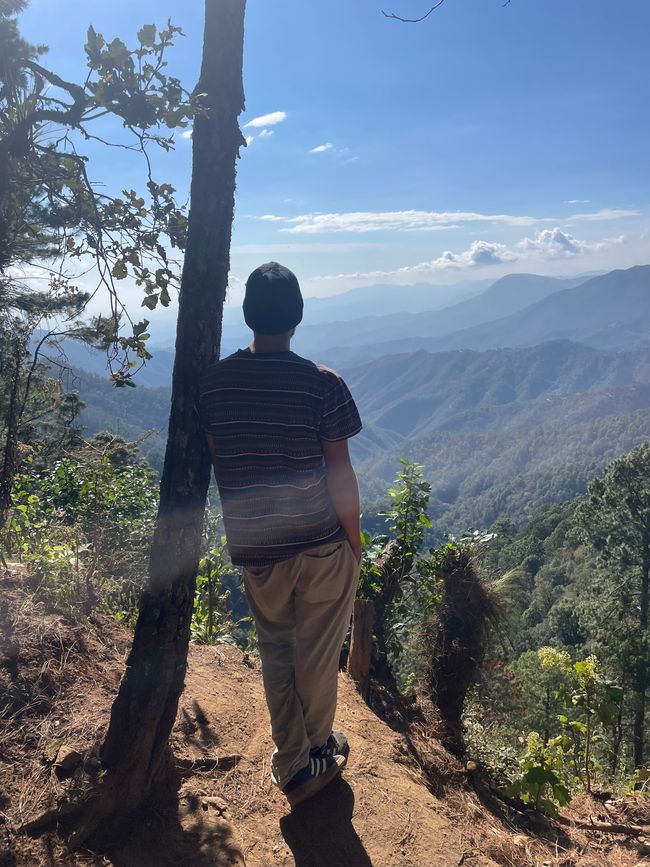
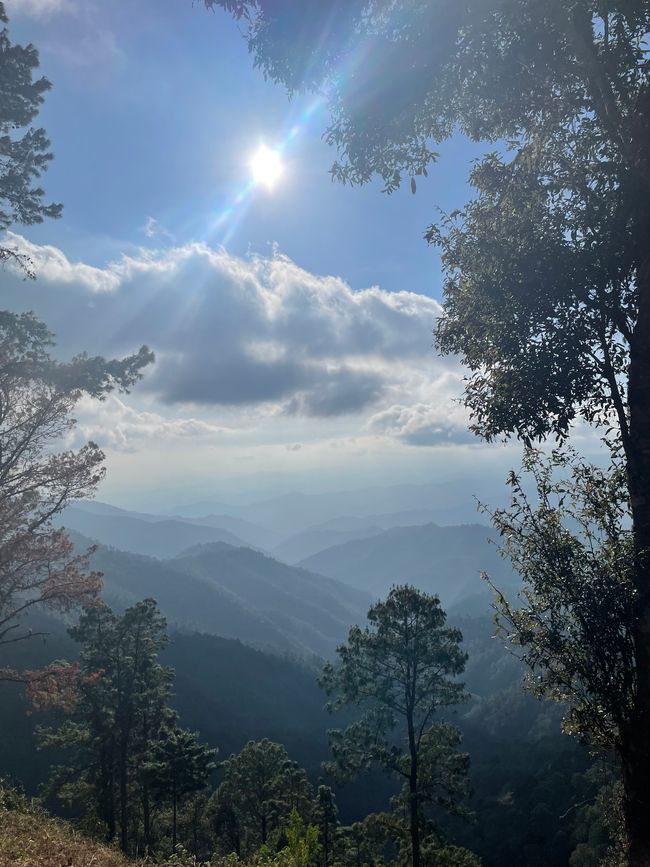
Lembetsani ku Newsletter
We arrived in Oaxaca (de Juarez), the capital of the state of the same name, in mid-January. Compared to San Cristobal, which was in the mountains, Oaxaca had more of a desert climate and the sun was very strong here. We really liked the city, strolling through the colorful streets or trying out the Mexican cuisine (which is apparently the best in this state). There were also many museums that told about the history of the country.
We were very excited and were very happy because Lukas would visit us here and travel with us for 5 weeks. It was a warm reunion and together we would explore Oaxaca and also Mexico City.
First we spent a few days in Oaxaca de Juarez so that Lukas could acclimatise and of course also to exchange some stories over a few beers. Trying the national drink (mezcal, similar to tequila) was also a must, but this wasn't really our cup of tea. Just outside the city we visited the Aztec temple ruins in Monte Alban. An impressive one
Now we continued to the coast of Oaxaca. Mazunte was our first port of call, a small town with beautiful beaches, perfect for swimming and enjoying the sun. The opportunity to go on a whale tour was particularly spectacular. At this time of year, it was humpback whale season, when the animals swam along the coast again and again. We were lucky enough to see a whale, along with some dolphins, turtles and even a stingray jumped out of the water. The turtles were also in breeding season, so every other day at 5 p.m. you could watch the newly hatched turtles being released on the beach in Mazunte.
In addition to all of this, there was also a swamp area on the coast that was teeming with American crocodiles. During a tour with a slightly larger canoe we got very close to the huge lizards. They swam within a few centimeters of our paddle boat. Of course, the whole thing was only possible with a guide who knew the animals very well, as some of them were around 4m long and could be dangerous to humans.
We really liked Mazunte, a place where you can quickly lose track of time and live comfortably into the day.
We also drove further north up the coast to a tiny, very remote fishing village called Chacahua. Located on an island, you could only reach it by boat that took you through the mangrove jungle. The island lay just off the coast and was shaped like an elongated crescent. It was a very quiet village and popular with surfers. Apparently one of the best places in Mexico, but it wasn't in season, meaning the waves weren't that good. We still really liked it there. Our accommodation was right on the beach, walking along the coast at sunset and then cooling off in the sea was simply wonderful.
The largest town on the Pacific coast of Oaxaca is Puerto Escondido, known for its parties and of course surfing. It was very touristy and the beaches were nice but very crowded so we didn't stay here that long.
After more than two weeks on the coast, we drove back to Oaxaca de Juárez (Oaxaca City). On the way there we passed through the mountainous regions, where we spent two nights in the small village of San Jose del pacifico. It was located at about 2600m in the mountains covered with dense coniferous forests. A great area for hikes. We did a “temazcal ceremony” there. Basically it was a sauna, but according to an old tradition, probably from the Aztecs or Maya.
So our stay in Oaxaca came to an end and we took the night bus to Mexico City.
Lembetsani ku Newsletter
Yankhani
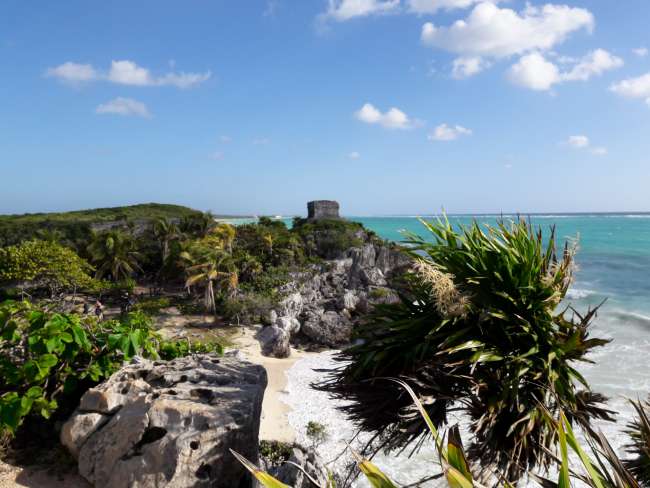
Malipoti amaulendo Mexico
